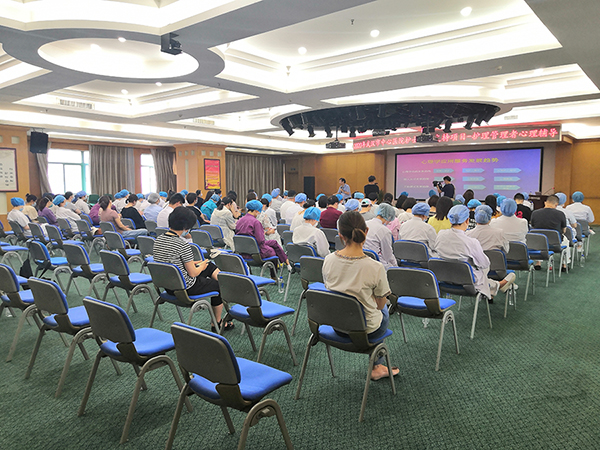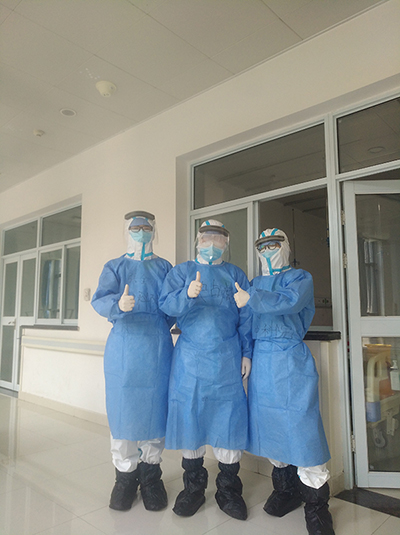The hidden cost of COVID-19


Improving mental care
Besides the diversified channels in mental care support during the pandemic, Shi is happy to see coping with mental health issues has been highlighted by authorities during the early stage of the outbreak.
As early as Feb 4, the National Health Commission set up a psychological assistance expert working group that was sent to Wuhan to formulate plans to help frontline health workers address mental health challenges.
During the height of the COVID-19 outbreak, a total of 430 psychiatric and mental health workers were dispatched to Hubei to deliver services. Nationwide, 667 hotlines dedicated to meeting rising demands for mental healthcare were set up, according to the commission.
In March, the Institute of Psychology of the Chinese Academy of Sciences set up a work station in Wuhan to provide psychological support for people in need.
"The operation will last at least two years," Shi says, adding that besides psychological assistance, they will improve intervention therapies and explore new modes in emergency assistance response on the community level.

As a member of the psychological assistance team during the 2008 Wenchuan earthquake, Shi says public awareness of mental health has been improved in China over the past decade.
"After the Wenchuan earthquake, most people rejected psychological support service. But now people have begun to recognize, accept and even seek mental-support service," he says, adding that authorities have paid high attention to raise public awareness of mental healthcare.
In 2012, China's top legislative body adopted the Mental Health Law. The long-awaited national legislation on mental health aims to help improve patients' access to timely and appropriate treatment and improve public mental health services.
According to the Healthy China 2030 plan, China will step up its efforts to enhance people's mental health, as the country aims to improve the rate of treatment of depression by 80 percent by 2030.




































